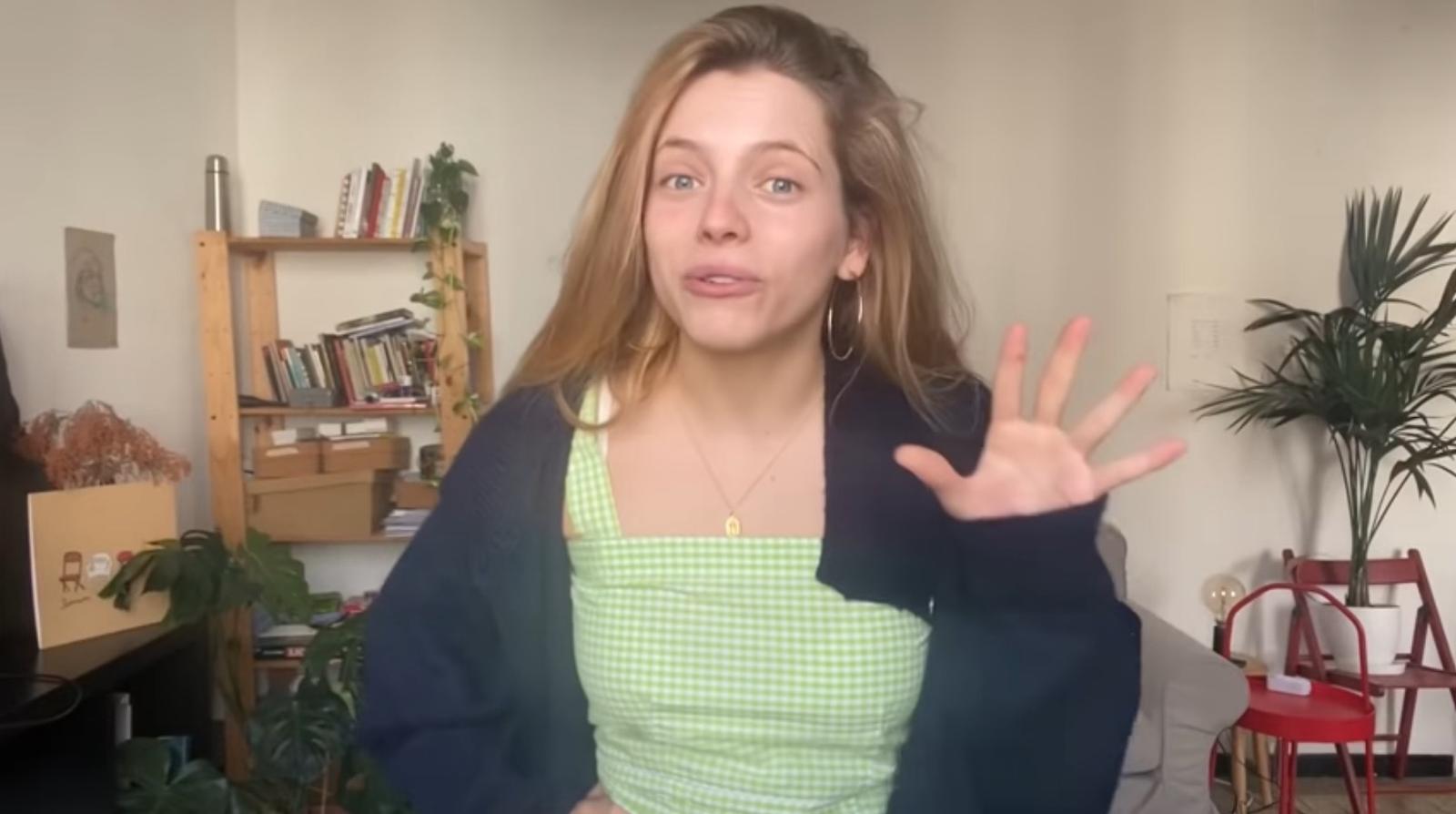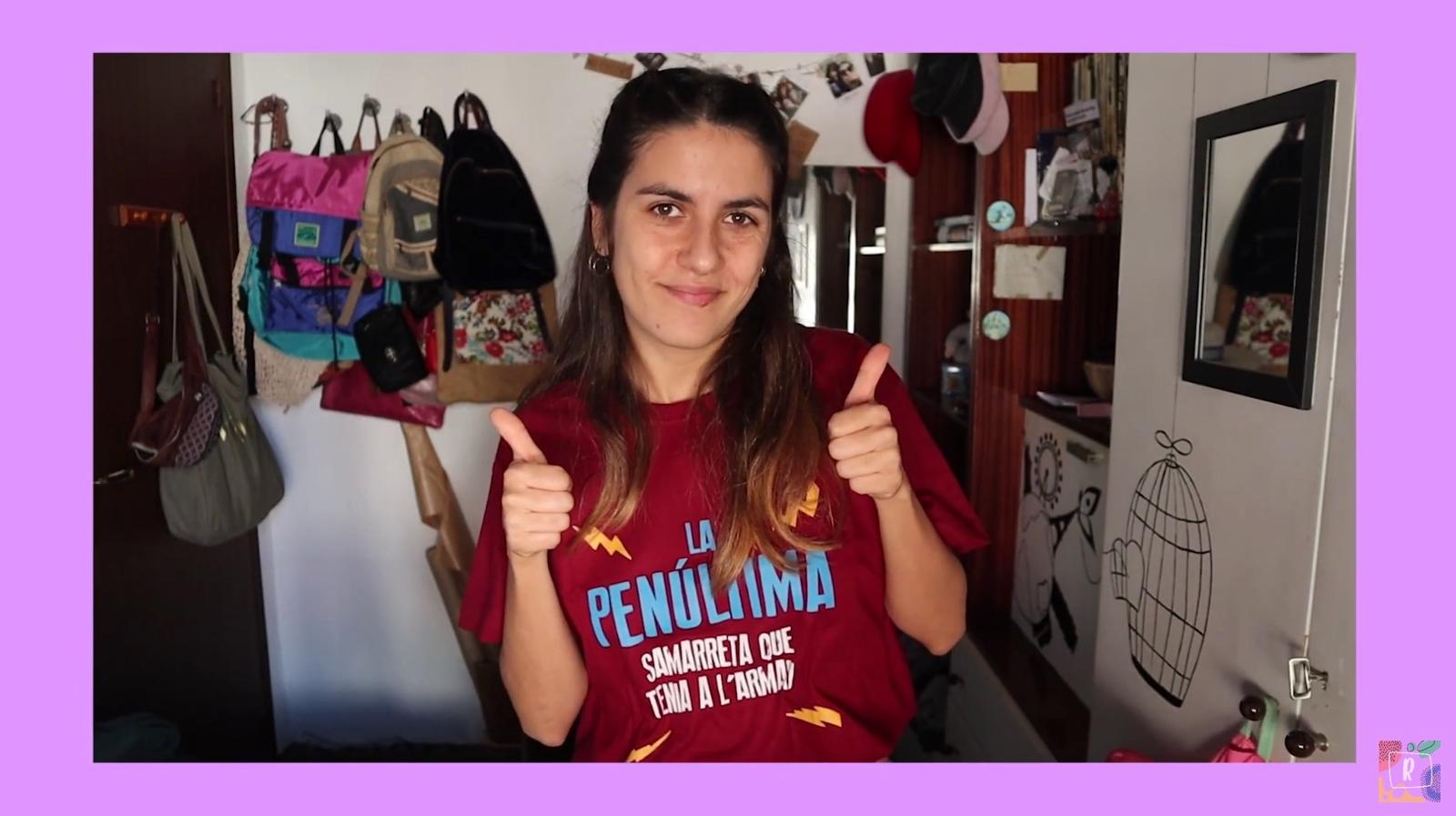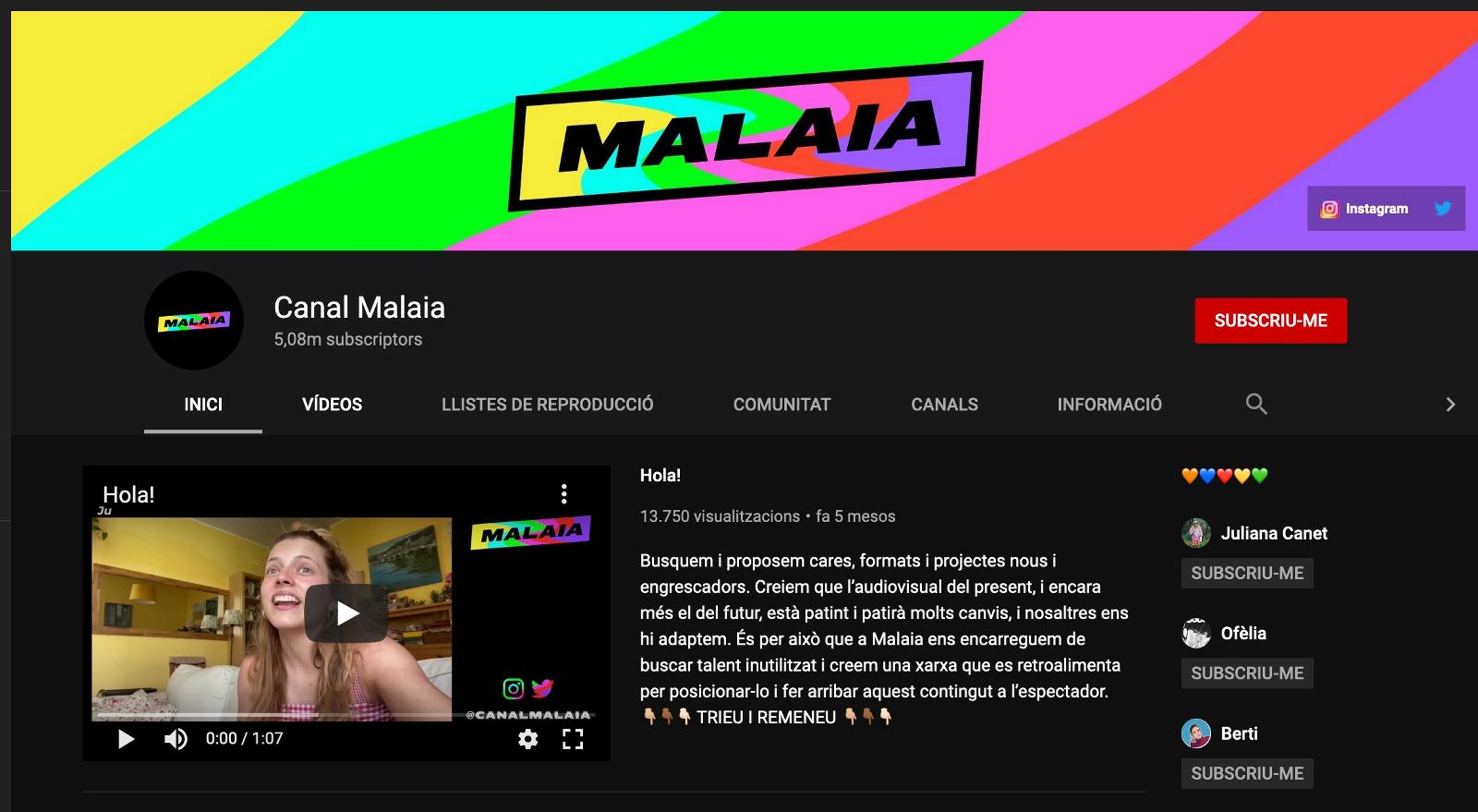Recent surveys certify that times have changed. Now, when asked what they want to be when they grow up, kids don’t say a doctor, lawyer or astronaut: overwhelmingly, they want to be YouTubers. As well as being a potential catastrophe for the future of civilisation in general, this poses a real existential threat to minority languages, including Catalan. Because some of the biggest influencers in the Spanish-speaking world, like Auron Play (video games), Paula Gonu (fashion) and Patry Jordan (lifestyle), have one thing in common: they are Catalan, but they don’t use the Catalan language.
‘Well, good: languages only exist for communicating’, some pseudo-cosmopolitans might say, equating diversity to the biblical curse of the Tower of Babel, as though more languages mean more misunderstandings. Thanks to sociolinguistics and postcolonial thought, we know that the opposite is true, and that multilingualism is not a zero-sum game. Languages don’t communicate the same content. Instead, each language creates an irreducible view of the world that reflects its community’s own experience. The most edited subjects on Wikipedia vary dramatically in each language, which means that, on the internet, stronger languages talk about what interests them, so they get to define themselves, while weaker languages have to adapt to external agendas and accept the definitions conferred on them by others.
But, as well as a world view, to choose a language is to choose a market, and in Spain, a digital native with aspirations of becoming an influencer can choose between 10 million Catalan speakers or 500 million Spanish speakers. As a result, for many years in the crucial decades in which the internet has replaced television and books as the main educator and entertainer in all ‘normal’ languages and cultures, there were no influencers communicating in Catalan and, therefore, Catalan was not a ‘normal’ language. Until Juliana Canet and Canal Malaia came along.
Juliana Canet, born in Cardedeu in 1999, is the first real Catalan-speaking influencer in history: a history that is not very long but is certainly compelling. Like all influencers, Canet’s talent is linked to permeability; since digital technologies removed the obstacles to communication, those who are most adept at penetrating the pores of the mind without being rejected have seeped into our daily lives through our screens. Canet possesses the mishmash of attractive yet hard-to-pin-down qualities we have come to call charisma. When you ask people why they like her, they are incapable of responding with anything more specific than ‘because she’s herself’. Another common answer is ‘because I relate to her’, and it is this sweet mixture of authenticity and ability to stir up feelings of identification that makes Canet a canonical example in the fledgling influencer tradition. Canet spends her life speaking about her life, or, in her words, she’s ‘a person who talks about things’.

If a sociologist added these elements together and divided them, they would find the perfect mean representation of Catalonia. It’s no coincidence that, when Canet starts to analyse her spontaneity, she often bursts out with a surprised yet satisfied ‘Guys, I think I’m Catalonia!’ And she’s not wrong: her biography stays as close as possible to Catalan centrality in an era of hyper-fragmented identities. If there was a Catalonia expansion pack for The Sims, Canet would be the default character. Canet is a young, middle-class woman and a fusion of the rural and the urban, a juxtaposition of high and low culture. Hailing from Cardedeu (which she mentions a lot), she now lives in a student flat in Barcelona’s Eixample neighbourhood (which she celebrates). She is studying Catalan language and literature at university and says she might like to be a secondary school teacher (maybe). She co-presents a programme about teenage culture on public radio and uses all the digital windows within her reach to put across her image as an emphatically down-to-earth communicator who understands new codes and can break down daily life and coat it in humour and self-awareness. TV series, reality shows, pop music, politics, feminism, food... As the cliché goes and as she says herself with plenty of irony, Canet talks about ‘the topics that people want to hear about’ All in all, she’s the archetype of a normal influencer.
Despite misuse damaging the concept, the position indicated by the word ‘influencer’ is still a response to a series of social transformations that are here to stay. Influencers offer an answer to the question posed by the latest changes in technology and consumerism: what is the best way of attracting the attention and earning the trust of the youngest generations? The exhaustion of classic, vertical forms of mass communication combined with the potential of social media have created a need for figures like Canet to engage digital natives. For them, these influencers are what famous actors, newsreaders or rock singers were for boomers. But where there is the possibility of being listened to, there is power. That’s why capitalism didn’t take long to conquer the unspoilt, utopian landscapes of the internet and turn them into what they are today. Influencers generate content that influences, and where there is influence, there is a market.
Catalan as a normalised language on the internet
But the Catalan language is a long way away from having a normal market on the internet. The basic problem is one of space: unlike other languages, whether big or small, which have their own space, a specific territory in which just one language is the protagonist and essential for its speakers to go about their day-to-day lives, in Catalonia, there is always the option of living 100% in Spanish. Education used to be a flawed counterweight to this reality, but the rise of digital technology has decimated an already precarious balance by introducing a new space in which you can do absolutely everything without needing Catalan for a single second. And, today, young people invest more time and passion in this virtual space than in any other, even school. In countries where the official language is not a global language, political powers have responded by doubling down to make sure the native language has the same safe space it enjoys in the real world in the virtual sphere, and an environment where what is done with the language matters more than in what language things are done. This space doesn’t exist in Catalonia. Not in the physical world, not in the digital world.

Juliana Canet bloomed spontaneously from this imperfect context, and in 2020, Canal Malaia was created. Malaia was founded by Canet herself, alongside communicators Clàudia Rius, Arnau Rius and Bru Esteve, and is a platform that gathers and promotes YouTube content creation in Catalan: a big step towards normalisation. And it’s not any old content: these are the codes and dynamics we have been talking about under the ‘influencers’ label. The Catalan language has had to fight to be normalised in cinema and TV series and is still struggling, due to high production costs, but the challenges and opportunities involved in the world of influencers are entirely different. Costs are low, but there are not yet mechanisms to receive a return on this content, like biennials with lucrative prizes, prestigious festivals or a circuit where the product translated into other languages can be sold. The proximity and immediacy that characterises influencers makes them impossible to export and puts them in the same category as sectors like journalism. And, just like journalism is both a social and cultural agent and a business, combining private and public funding and creating a community and an economy, Malaia wants to show that there is an equally productive space for Catalan on YouTube.
But while people are aware of the importance of journalism around the world and minority languages are enthusiastically promoting digital newspapers, new agents, like influencers, are being ignored. Already in 2013, researcher András Kornai noted in the ‘Digital Language Death’ study that 95% of all languages in use would never be normalised on the internet.
The languages that die will be those that go on the defensive and withdraw to certain areas of usage, instead of breaking out into all areas of their speakers’ realities. Normally, languages are both an idea and a market, with social and economic purposes, as well as cultural ones. A strong language acts as fuel in a virtuous circle in which culture produces wealth and wealth produces culture. The twenty-first century market is digital. Influencers, vloggers, YouTubers, Instagrammers and the rest of this constellation of new words – kept in English in Catalan – make up this market, and are the only figures that can participate in it spontaneously. Normal languages have influencers.









